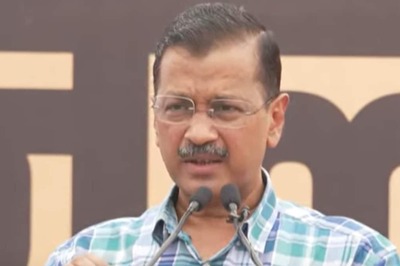
views
New Delhi: The Supreme Court on Friday ruled that a judicial magistrate can order an accused to give his voice samples even against his consent in the course of a criminal investigation.
A three-judge bench, headed by Chief Justice of India Ranjan Gogoi, decided the issue authoritatively after a division bench remained divided on the legality of such an order and referred the matter to the larger bench in 2012.
Reading out the operative part of the verdict, Justice Gogoi said after interpretations of the various legal provisions, the larger bench has concluded that a judicial magistrate can be conceded the power to order for voice samples of an accused in a criminal investigation. The CJI pointed out that the Supreme Court has issued this order under Article 142 of the Constitution following the interpretation of all the pertinent laws.
Friday’s judgment will have wide ramifications on criminal investigations where the police require voice samples of accused for completing a probe.
A two-judge bench in the top court had earlier remained divided on the issue, especially in view of absence of a legal provision in the Criminal Procedure Code in this regard. While Justice Aftab Alam had said that an accused cannot be compelled to give his or her voice sample, his colleague Justice Ranjana Prakash Desai held it otherwise.
According to Justice Alam, court cannot direct accused to give the voice sample as it amounted to invasion of the rights of an individual. Justice Desai, however, said even if the Criminal Procedure Code (CrPc) did not directly empower a magistrate to direct accused to give his or her voice sample, a purposive interpretation should be given to law to strengthen the hands of investigating agencies. "Crime has changed its face. There are new challenges faced by the investigating agency," she had added.




















Comments
0 comment